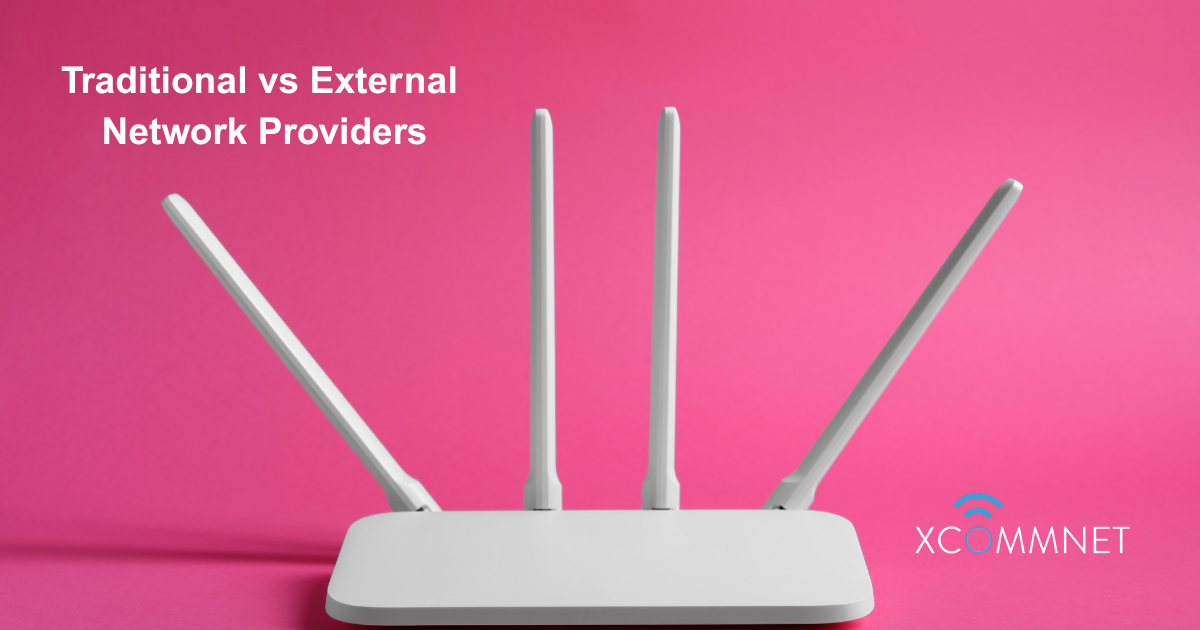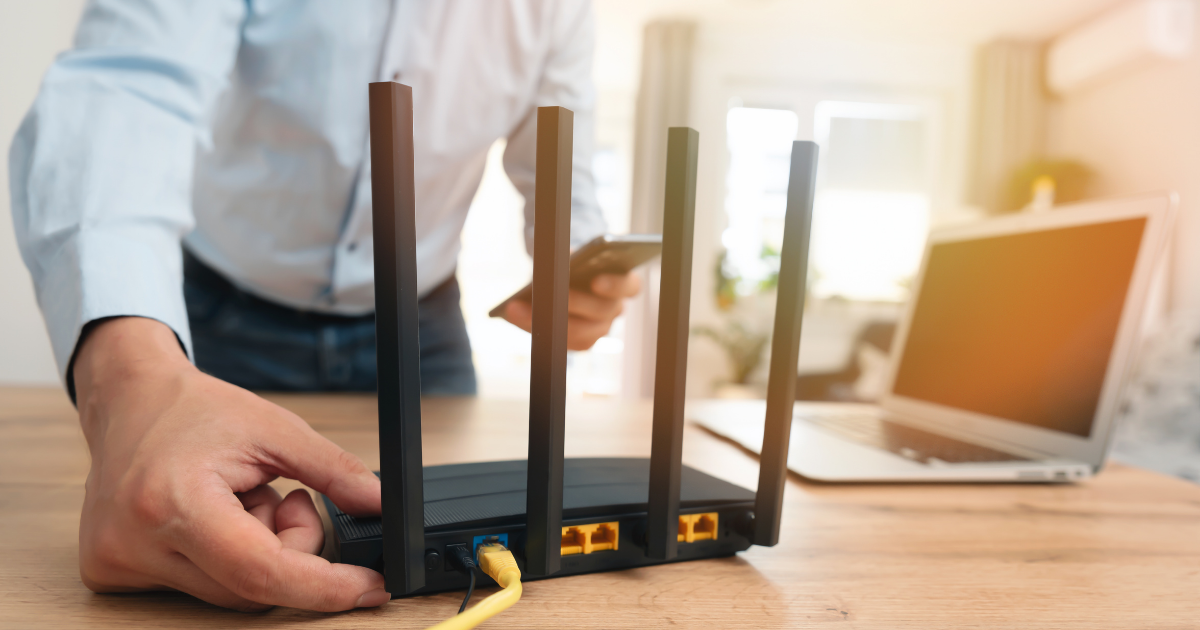02 Jun External vs Traditional Network Providers: Which Is Right for You?
External vs Traditional Network Providers: Which Is Right for You?
External vs Traditional Network Providers: Having a reliable internet connection isn’t just a convenience, it’s a business-critical necessity. From remote working and live media streaming to construction site operations and emergency deployments, connectivity is the foundation of productivity.
However, when it comes to choosing between a traditional network provider and an external connectivity partner like us, many businesses are unsure which route to take. This blog explores the pros, cons, and ideal use cases of both approaches so you can make the right call for your unique needs.
What’s the Difference Between Traditional and External Network Providers?
Traditional Network Providers are the big-name telecom companies that offer fixed-line broadband, fibre, or mobile data services, typically through long-term contracts.
External Network Providers, offer flexible, tailored connectivity solutions. These may include remote internet, bonding routers, Data SIMs, and on-demand deployments, often for short-term or specialist use cases.
The Case for Traditional Network Providers
Pros:
- Established infrastructure: Fibre-optic networks and large-scale coverage.
- Bundled services: Often includes phone lines, mobile packages, and support.
- Predictable billing: Fixed monthly fees and contracts.
Cons:
- Slow deployment: Installation can take weeks, especially in remote or new locations.
- Rigid contracts: Long-term commitments and lack of flexibility.
- Limited support for non-standard scenarios: Not ideal for mobile teams, events, or temporary sites.
- Downtime risk in remote areas: Performance and uptime can be patchy outside of major cities.
Best for:
- Permanent office locations
- Urban businesses with fibre availability
- Non-urgent infrastructure projects
The Case for External Network Providers
Pros:
- Rapid deployment: Get online within hours, not weeks.
- Custom solutions: From temporary internet to multi-SIM bonded routers.
- Scalable and portable: Perfect for dynamic environments or short-term use.
- Expert support: Specialist technical support, even on-location if required.
- Network redundancy: Bonding tech ensures consistent uptime even if one network fails.
Cons:
- Higher cost per GB: Especially if data-heavy over long periods.
- It may not be ideal for permanent large-scale fibre needs (though it can complement them).
Best for:
- Construction sites and temporary offices
- Live streaming, media production, and outside broadcasts
- Emergency response and rapid deployments
- Rural and remote locations
- Event WiFi and pop-up connectivity
Use Case Comparison: Where Each Provider Shines
| Scenario | Traditional Provider | External Network Provider |
|---|---|---|
| Permanent office in London | Ideal | Not Necessary |
| Pop-up event in a rural area | Long lead time, unreliable | Plug-and-play solution |
| Film crew travelling across the UK | Inflexible, no mobility | Portable bonded internet |
| New construction site | Fibre delays are likely | Instant setup with rugged hardware |
| Business with remote teams | Works if urban | Reliable multi-network coverage |
| Live streaming a product launch | Potential upload issues | Secure, high-bandwidth bonding |
Why a Hybrid Approach Might Be Best
For many businesses, the answer isn’t either/or, it’s both. Traditional providers can power your HQ, while external network solutions fill in the gaps when flexibility, speed, or mobility is key.
This hybrid setup gives you:
- Consistent service where fibre is available
- Rapid, on-demand backup for key moments or hard-to-reach areas
- Peace of mind knowing you’re not reliant on a single provider
Why XCommNet? A Trusted External Network Partner
We’ve supported clients across industries with:
- Remote internet solutions for isolated projects
- Bonding routers that combine multiple 4G/5G networks
- SIM-based data packages optimised for high-speed, low-latency use
- Short- and long-term hire or purchase options
- 24/7 technical support and proactive monitoring
We don’t just deliver hardware, we provide peace of mind through tailored, secure, and reliable connectivity when you need it most.
Conclusion: Flexibility vs Infrastructure, Choose What Works for You
Traditional network providers are great for stable, fixed-location connectivity. But when time, flexibility, or location becomes a challenge, an external network provider steps in to keep you connected without compromise.
Whether you need a backup plan, a temporary setup, or a specialist deployment, XCommNet gives you the tools and support to stay online and in control.


